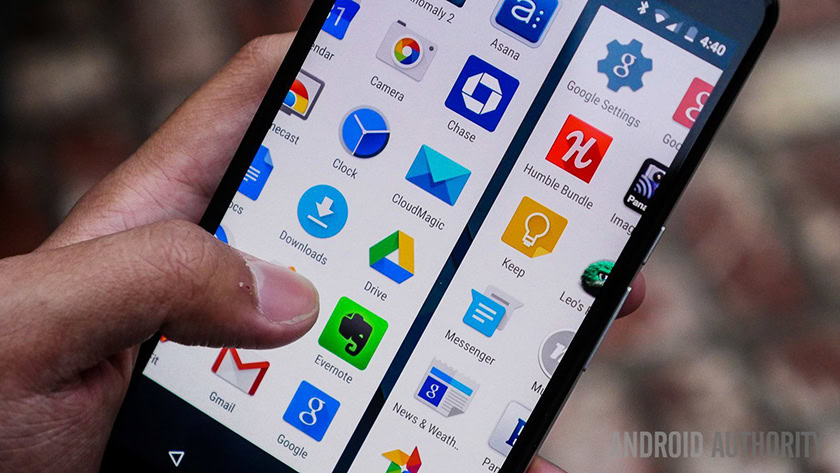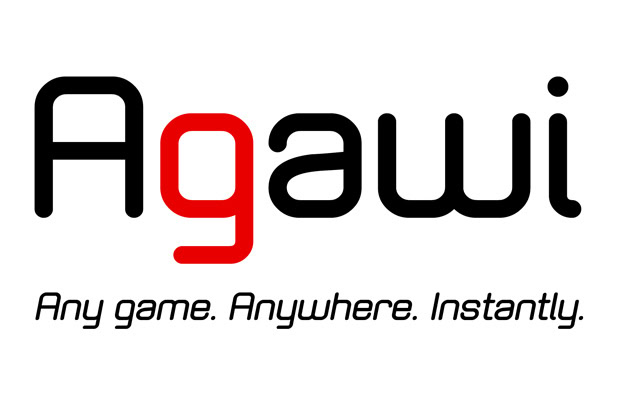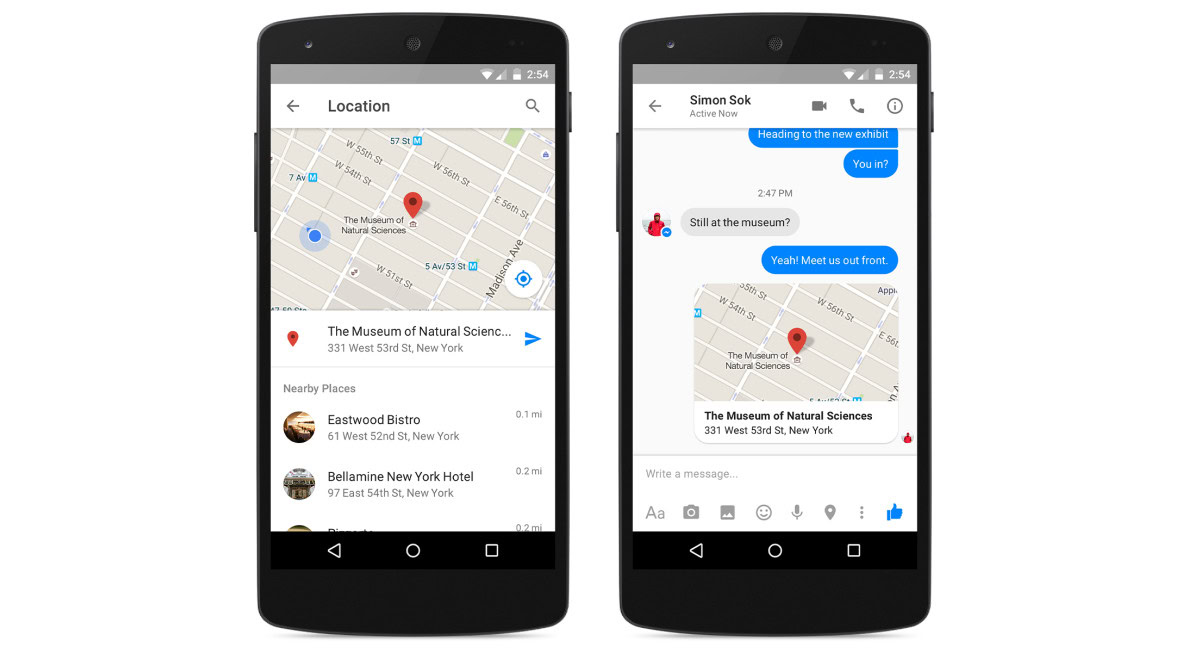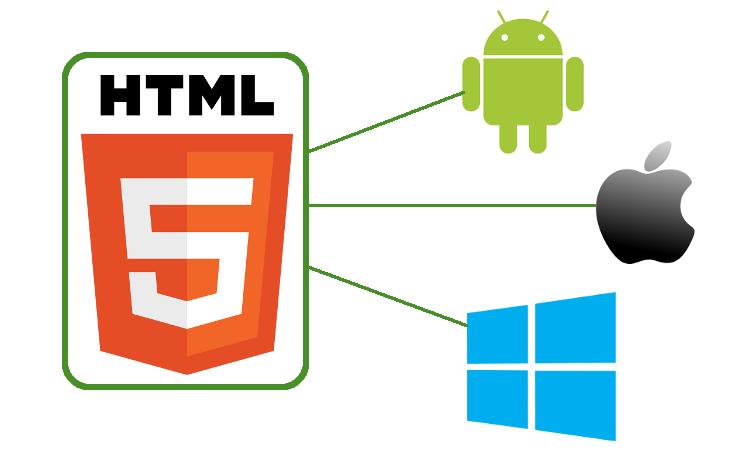Affiliate links on Android Authority may earn us a commission. Learn more.
Google is trying to get inside apps - how and why

The mobile revolution would never have happened without apps. Android ensured that Google was central to the smartphone trend, but mobile apps actually represent a serious threat to its dominance. As people increasingly turn directly to apps to access the Internet, they aren’t using Google’s search engine or other services.
In 2013, we spent 80 percent of our time on mobile devices in apps, and just 20 percent on the mobile Web, according to Flurry Analytics. That trend grew even more pronounced in 2014, with 86 percent of our time spent in apps. Although games are the top category, social networking and messaging apps led the field in terms of retention and number of sessions. Facebook alone accounted for 17 percent of the time spent on iOS and Android devices in the U.S. in 2014.
Google’s strategy depends on the mass market. It needs eyeballs for advertisers and big data to drive clever analytics. How does it prevent mobile apps from cutting it out? How does it retain some kind of control over the mobile web? It’s already indexing apps and extending Google Now, could the future be app streaming?
App indexing

The enduring appeal of Google as a search engine is based on its ability to return useful results, but how much of what we’re looking for online nowadays is to be found inside an app? Google’s App Indexing offers developers a way to get their apps listed in search results. They can even link to content deep within an app, and when the user taps on that link, the app will automatically load, provided that it’s already installed.
A flood of extra downloads, as users are prompted to install apps they don’t have from within search results, and return visits for apps already installed, is the carrot for developers. For Google it’s a way to keep the search results relevant and useful, but also wrest back some control of the mobile scene. Of course, as it stands, app indexing is a lot easier for Android apps than it is for iOS apps, and it’s set to get even easier in Android M.
This deep linking idea isn’t new and there are competitors offering alternatives. Facebook has App Links, which allows users to skip around from app to app without ever going near a Web browser. Apple is bringing deep linking to iOS 9. There are other solutions out there, but competition is the same old barrier to an actual standard being developed.
Now On Tap
Announced at Google I/O, Now On Tap is looking to make Google Now accessible from anywhere on your Android device. Whether you’re in an app or in the browser, you’ll be able to access relevant Now cards and query Google. It’s another way to leverage app indexing and get people using Google, even when they’re inside an app.
App streaming

Could the news that Google acquired Agawi point to another potential approach to combat app dominance? Agawi is all about streaming mobile apps and games from the cloud to mobile devices. The thin end of this wedge is the idea that Google might offer users the chance the try out apps without having to install them.
Back in the early days of Android you could install an app, try it out for up to 24 hours, and then uninstall it and get a full refund. That trial period was reduced to 15 minutes for a while, but then increased to 2 hours last year. But there’s no doubt that a trial without the need for a download, installation, and refund would be a much more attractive prospect. It’s easy to see the potential benefits for developers, for Google, and for Android users.
What if Google was to push that even further and allow you to access apps and games without ever installing them? Many apps are already reliant on Web servers, it wouldn’t be a major stretch to stream the whole thing. That would also drastically reduce the burden on the smartphone hardware and shift it to Wi-Fi and Google’s server farms. It could even enable more demanding software and games to run on low end Android devices. It potentially has the power to kill the fragmentation problem and standardize the Android experience.
But is the necessary infrastructure in place? Can all the potential problems be overcome? It’s worth remembering that the idea of cloud streaming is nothing new, and we’ve seen various attempts to do this in gaming fail. We’re also seeing consistent improvements in processing power for smartphones, and it wouldn’t be a move that would win any fans in the hardware manufacturing scene.
Google vs Facebook

This battle to control deep linking and win dominance on the mobile Web is still about owning advertising for Google and Facebook. The social media giant is a good example of the risk to Google. If it can break out functionality from the unwieldy Facebook app, as it has been trying to do with apps like Messenger, and acquire big apps, as it has been doing with the likes of Instagram and WhatsApp, and then find a way to tie them together so users never need to hit the browser at all, then it can cut Google out.
Unlike Amazon, Facebook isn’t asking you to buy specific hardware or commit to its ecosystem. It’s threatening Google through the Play Store in a way that’s tough for Google to control or combat.
Same old strategy

When we looked at the prospect of Google bringing Android and Chrome OS together we discussed how web-based apps are more desirable for Google in the long term. App streaming might be a different route to bring apps back into the website model, since the mobile Web and browser-based apps don’t seem to be taking off in the way that some people predicted they would.
Ultimately, Google is always working to find ways to ensure that we use its services. The expansion of Google Now and app indexing looks like a smart short term move, and Google is well-placed to dominate the shift to deep linking, but will it be enough in the long term? App streaming throws up a world of different possibilities, and could lead to a future where web-based apps are baked into the platform or accessed through the browser, but live in the cloud, making downloads and installs a thing of the past.